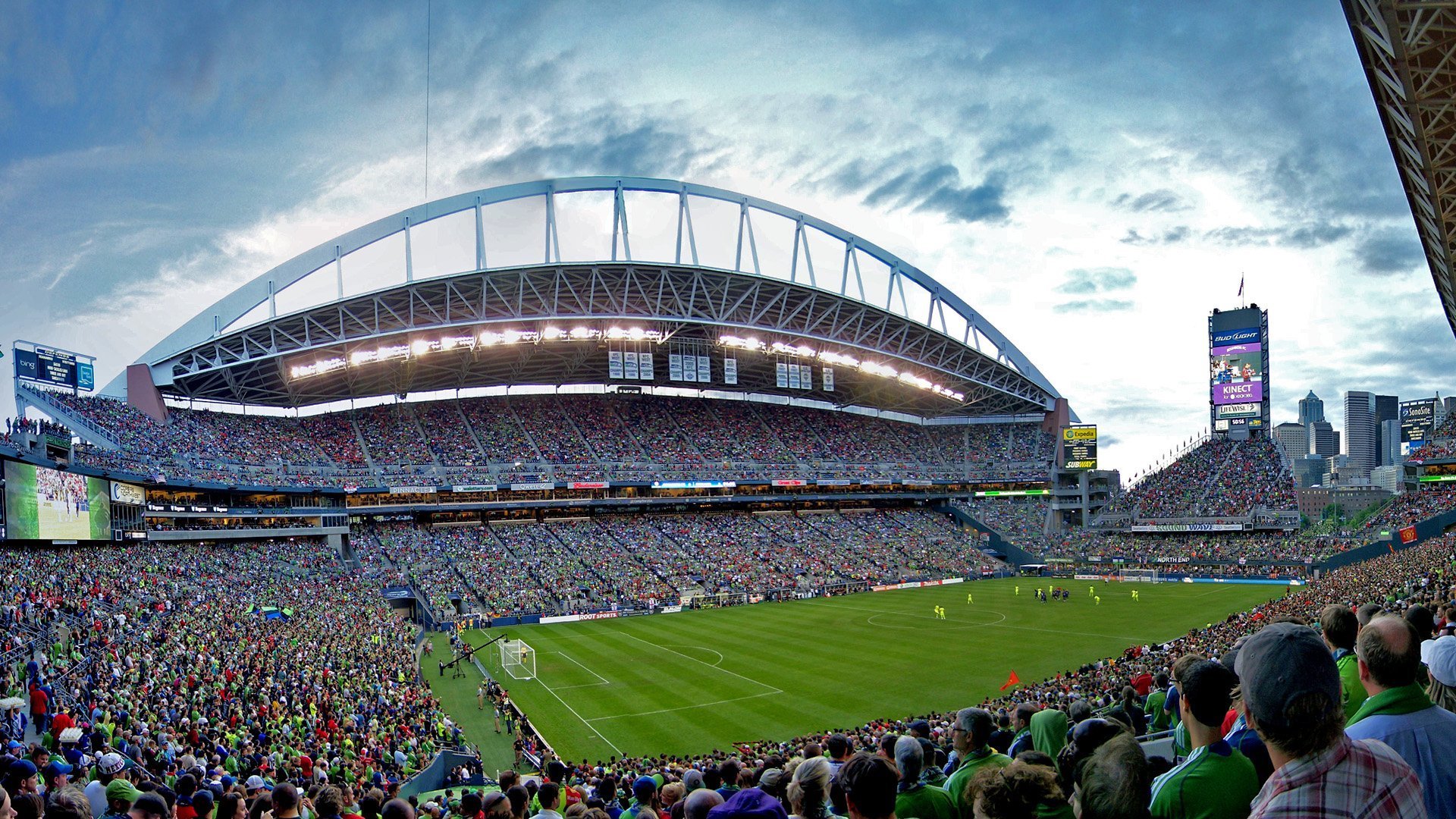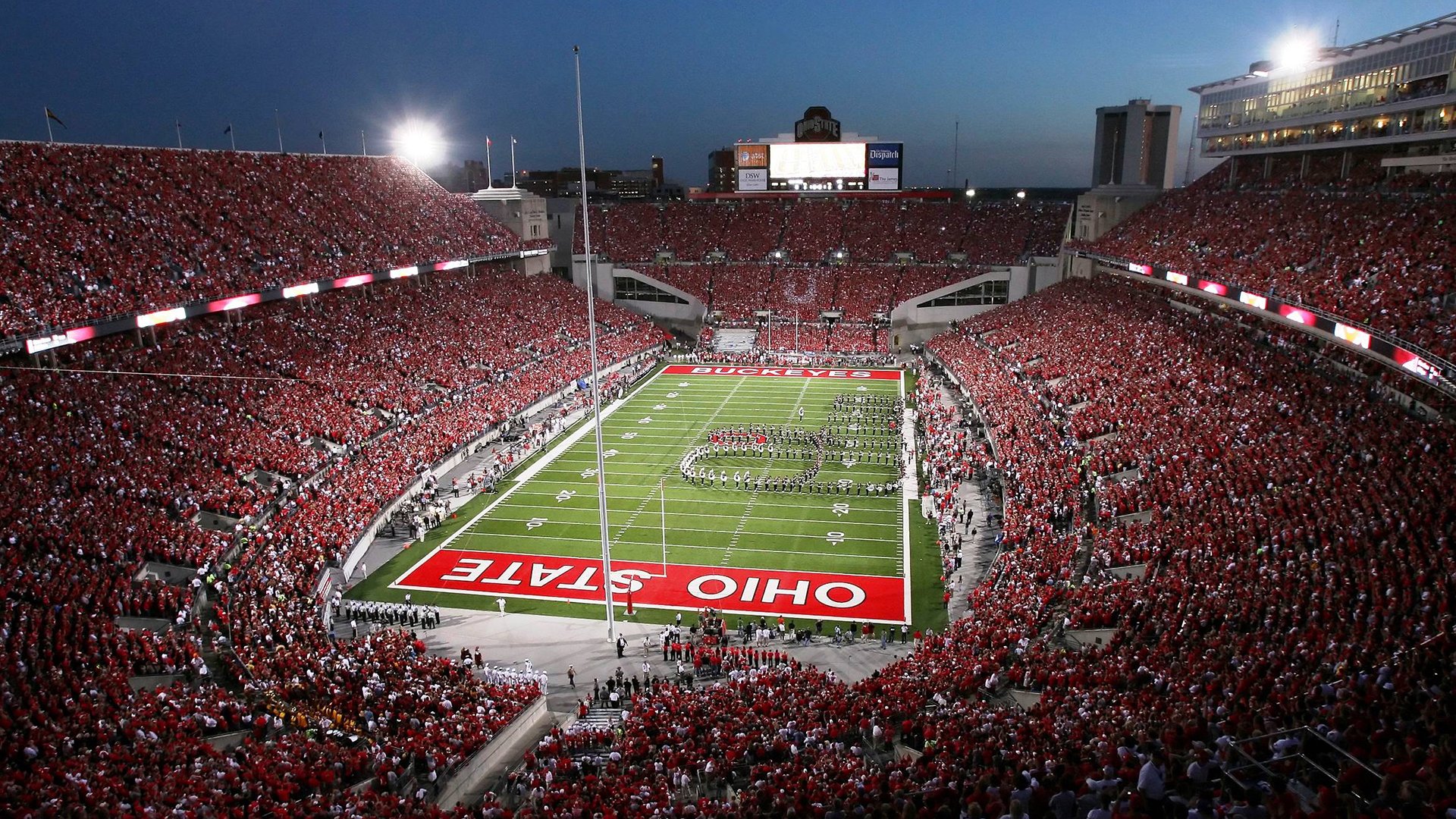Introduction:

The Winter Olympics is an international multi-sport event that takes place every four years. It features a number of winter sports, including skiing, ice skating, bobsledding, and more. The competition is among the top winter athletes from around the world. The next Winter Olympics will take place in 2022, and the anticipation among the athletes and fans is already high. In this article, we'll take a close look at the Winter Olympics competition time and see what makes this event so unique.
1. The History of the Winter Olympics
1.1 The Birth of the Winter Olympics
The history of the Winter Olympics dates back to the early 20th century. The first Winter Olympics was held in Chamonix, France, in 1924. The idea for a Winter Olympics came from the Nordic Games, which had been held since 1901. The Nordic Games were only open to Nordic countries, so the International Olympic Committee (IOC) decided to create a winter version of the Olympics that would be open to all countries.
1.2 The Development of the Winter Olympics
Since its inception, the Winter Olympics has grown significantly. The number of events and athletes has increased, and more countries are participating. The Winter Olympics has also become a global media event, with millions of people watching the competitions on television and online. The Winter Olympics is now one of the most anticipated and significant sporting events in the world.
2. The Winter Olympics Competition Time
2.1 The Venue of the Winter Olympics
The 2022 Winter Olympics will be held in Beijing, China. This will be the first time that China will host the Winter Olympics. The competitions will take place at various venues throughout Beijing and the nearby Zhangjiakou. The venues have been specially designed for the Winter Olympics, and they feature state-of-the-art facilities and equipment.
2.2 The Winter Olympics Schedule
The Winter Olympics usually lasts for about two weeks, and the competitions are scheduled in such a way that each sport gets equal attention. The schedule is published months in advance, and the athletes and teams can plan accordingly. The 2022 Winter Olympics will begin on February 4 and end on February 20. There will be a total of 109 events across 15 disciplines.
2.3 The Weather Conditions
Weather conditions play a significant role in the Winter Olympics. It's important that the temperatures stay low enough for the snow and ice to remain in good condition. Too warm conditions can cause the snow to melt, making the events dangerous or impossible to hold. The ideal temperature for the Winter Olympics is about -4°C (24.8°F), and the maximum temperature is usually around 0°C (32°F). The weather forecasts are closely monitored during the competition, and any changes in the weather can have a significant impact on the events.
3. The Significance of the Winter Olympics
3.1 Promoting Winter Sports
The Winter Olympics plays a significant role in promoting winter sports. The event receives widespread media coverage, which encourages people to try out new winter sports. Many winter sports clubs and organizations benefit from the increased interest in winter sports after the Winter Olympics.
3.2 Promoting International Peace and Cooperation
The Winter Olympics also promotes international peace and cooperation. The athletes and teams come from different countries and backgrounds, but they come together to participate in the competition. The event helps to break down cultural barriers and promote understanding among different groups.
3.3 Economic Benefits
The Winter Olympics also brings significant economic benefits to the host country. The event attracts thousands of visitors from around the world, which boosts the local economy. The event also creates jobs and generates revenue for the local businesses and industries.
The editor says:The Winter Olympics competition time is a significant event that brings together athletes from different parts of the world. It provides a platform for promoting winter sports and international cooperation. The weather conditions and the schedule play a critical role in the success of the event, and the Winter Olympics also brings significant economic benefits to the host city and country.











暂无评论
发表评论